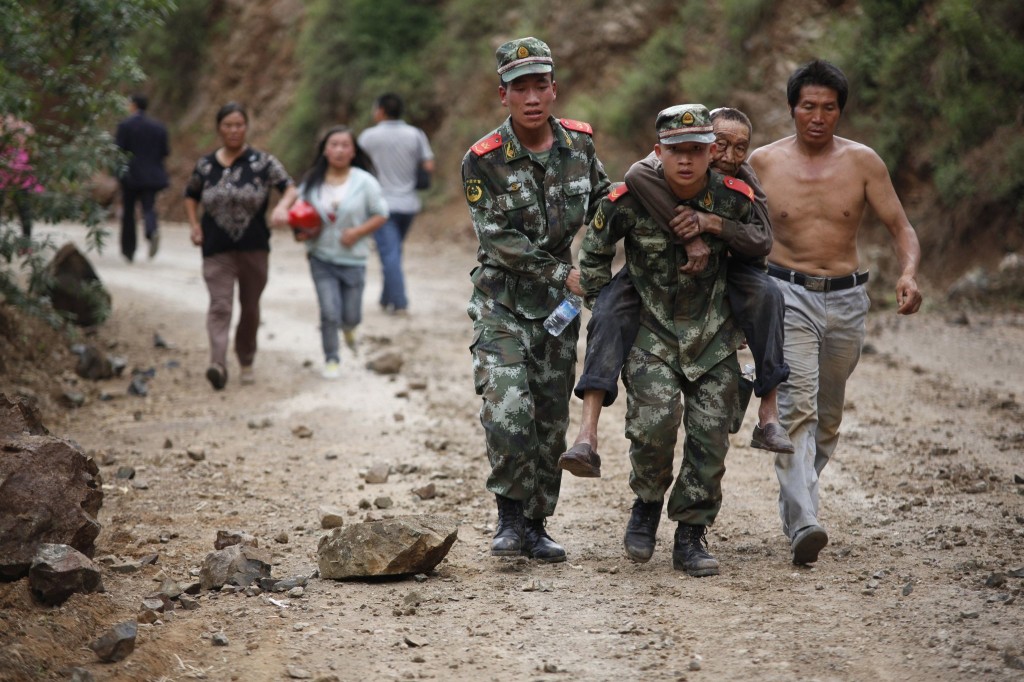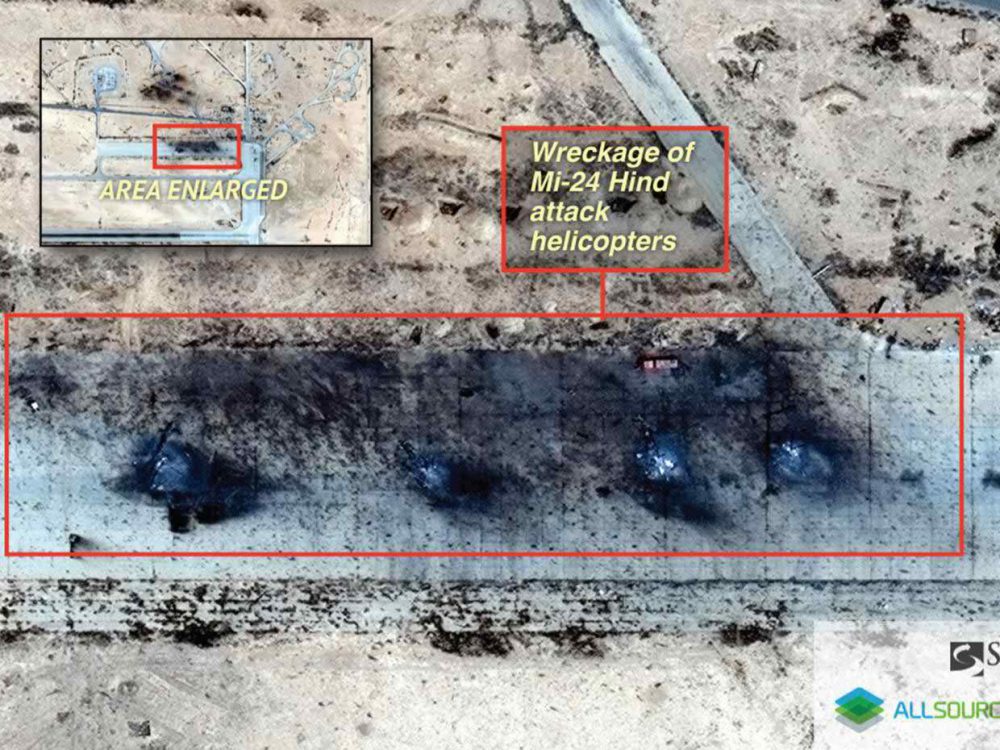
Rescuers carried an injured man on Sunday after an earthquake in a remote area of Yunnan Province in China
e-News® | The NEWS Company… : BEIJING — A powerful earthquake that rocked a mountainous region of southwest China on Sunday killed at least 230 people and injured 1,400 others, according to the state news media. With nearly 200 people reported missing on Sunday night, the death toll was expected to rise.
The earthquake, which struck at 4:30 p.m. with a reported magnitude of 6.5, was centered in Ludian County in Yunnan Province but was felt in two adjacent provinces, according to the official news agency Xinhua.
Residents reached by cellphone on Sunday night said that a series of aftershocks continued to jolt the region and that power remained cut off.
Initial media reports said 12,000 homes had been destroyed and about 30,000 had been damaged, leaving tens of thousands of people homeless amid rainfall that was expected to continue for days. The main road leading to the most heavily affected area was initially blocked by a landslide but had been cleared by late Sunday night, according to the state media.
Xinhua said officials from the closest city, Zhaotong, had sent more than 600 police officers and rescue workers and 12 sniffer dogs to the areas hit hardest.
Zhang Fang, 20, a resident of Longtoushan, a village at the earthquake’s epicenter, said she had been cooking potatoes in her family’s mud-brick kitchen when the quake struck.
“I just fell to the ground and stayed there until the shaking stopped, and then I cried and cried,” Ms. Zhang said, speaking by cellphone from Longtoushan after emerging from her house unscathed.
She said that most of the buildings in her village were flattened, including a nearby elementary school, where a number of students were said to have been trapped.
“The school buildings here are not of good quality,” said Ms. Zhang, who is a member of the ethnic Hui Muslim minority.
Ludian County, an isolated, seismically active region with a population of 430,000, is home to a mix of ethnic groups, including members of the Miao, Zhuang and Bai minorities. It is among the poorest regions in the country.
In September 2012, a 5.6-magnitude earthquake hit the same area, killing 81 people and injuring 821.
Li Feng, 20, a recent high school graduate from Xiaochong village, said she had been on her way home from a friend’s wedding when the quake hit.
“The shaking seemed to last forever,” said Ms. Li, who added that she had experienced five previous earthquakes in here village, although none compared to the force of the quake on Sunday.
Speaking by cellphone and sitting outside in the rain, she said most of the houses on the hills that rise above her village had collapsed. Her home, built partly with brick, was still standing, but she said that she and her father were too afraid to go back inside.
“There are constant aftershocks,” she said. “The power is down, it’s all dark outside, and I’m really scared.”




































